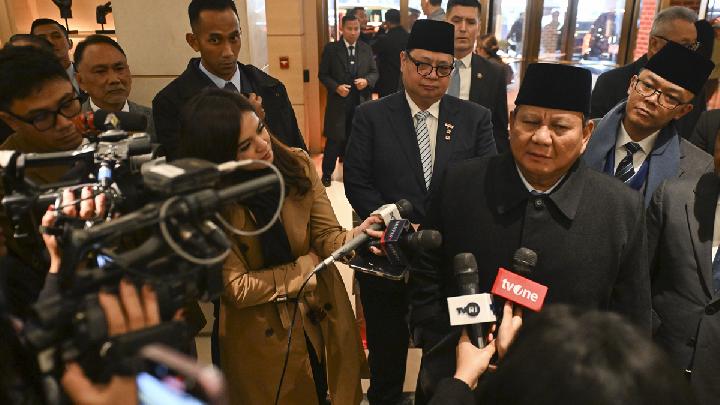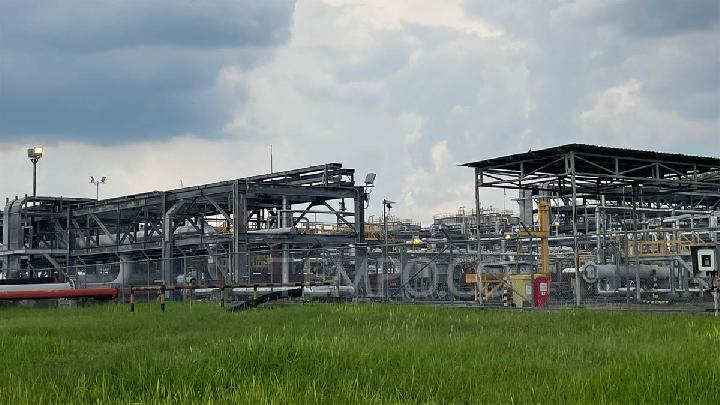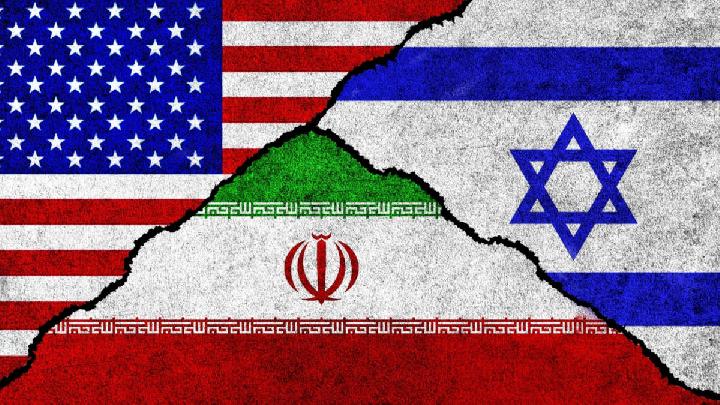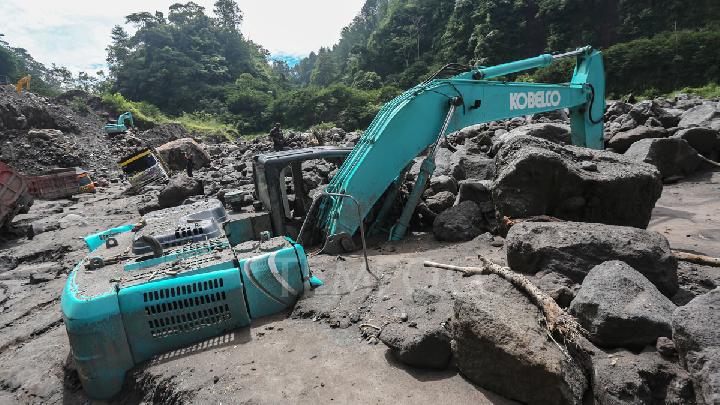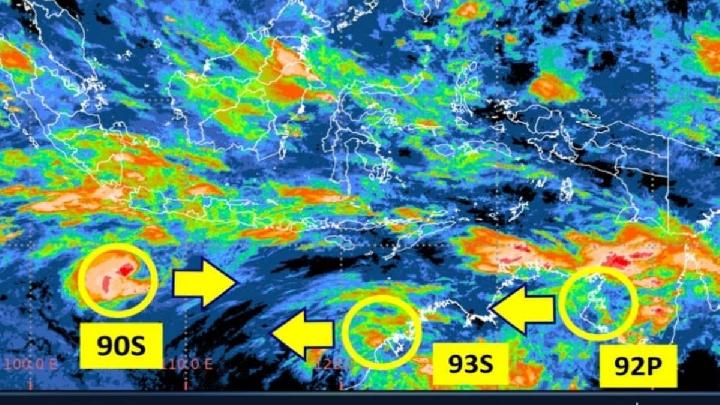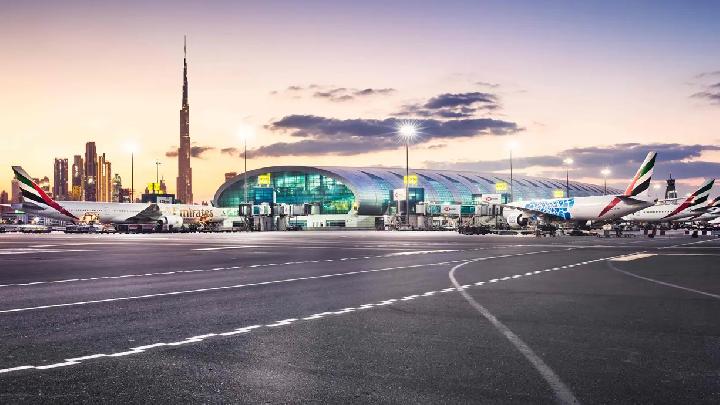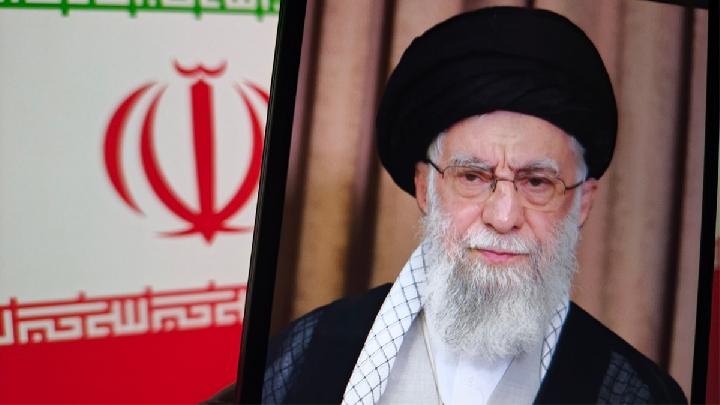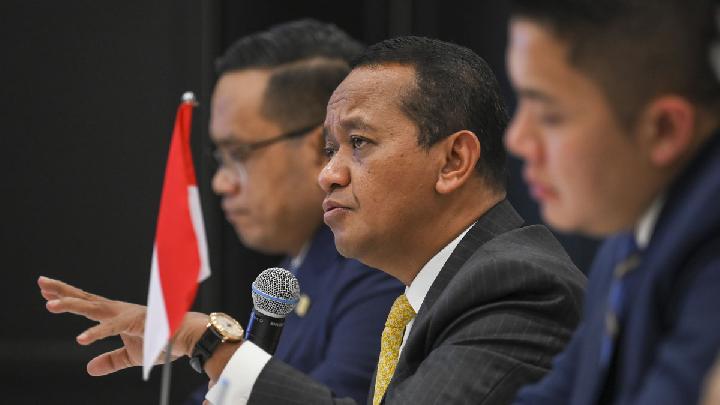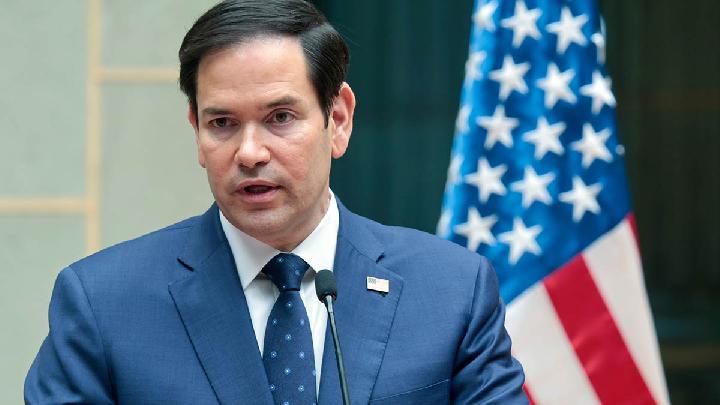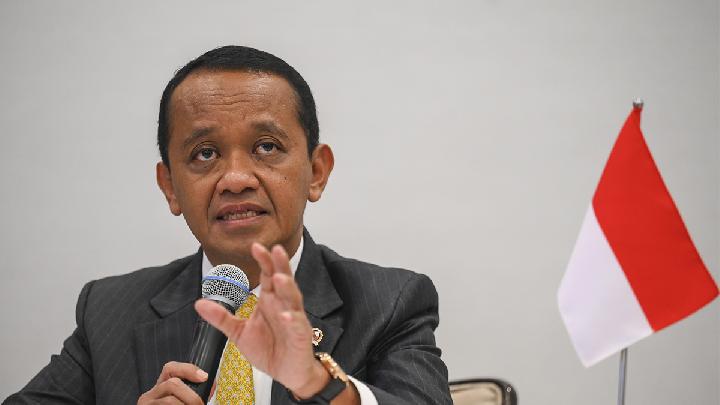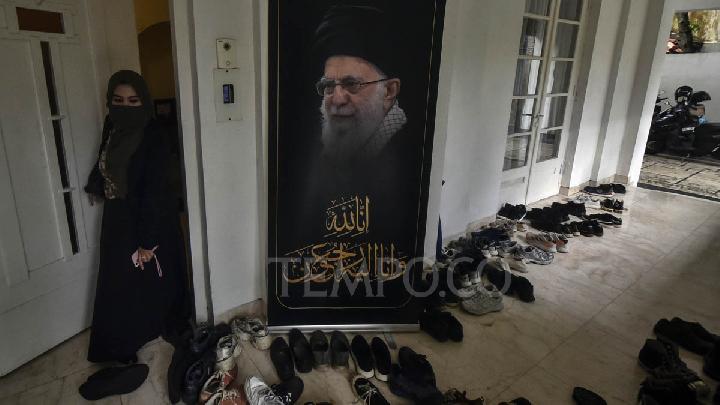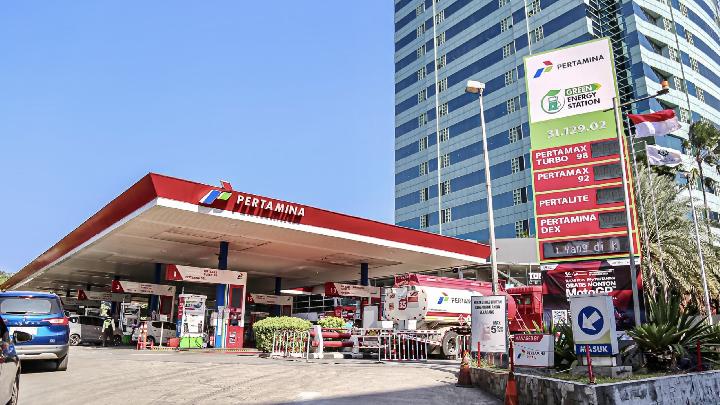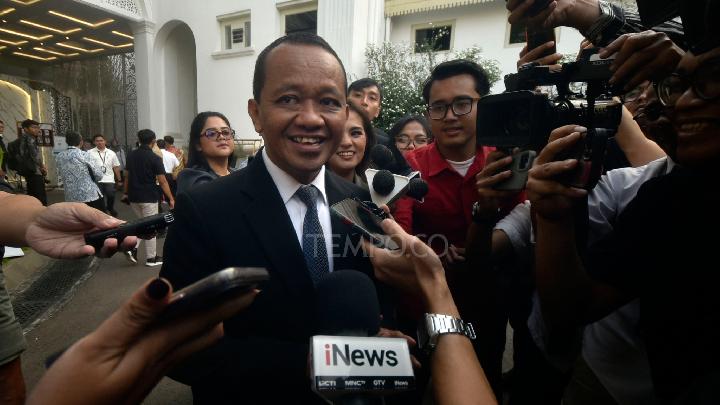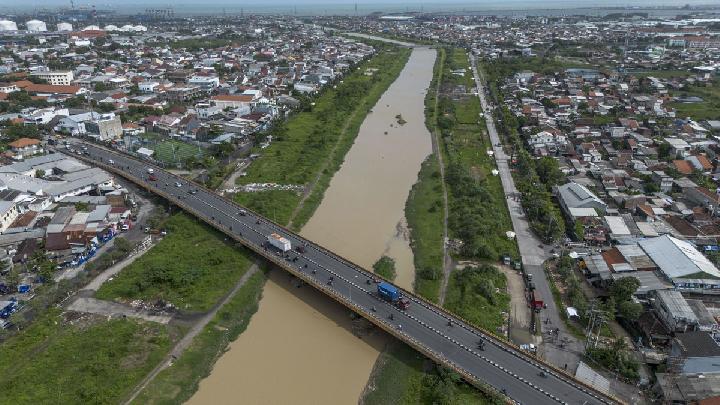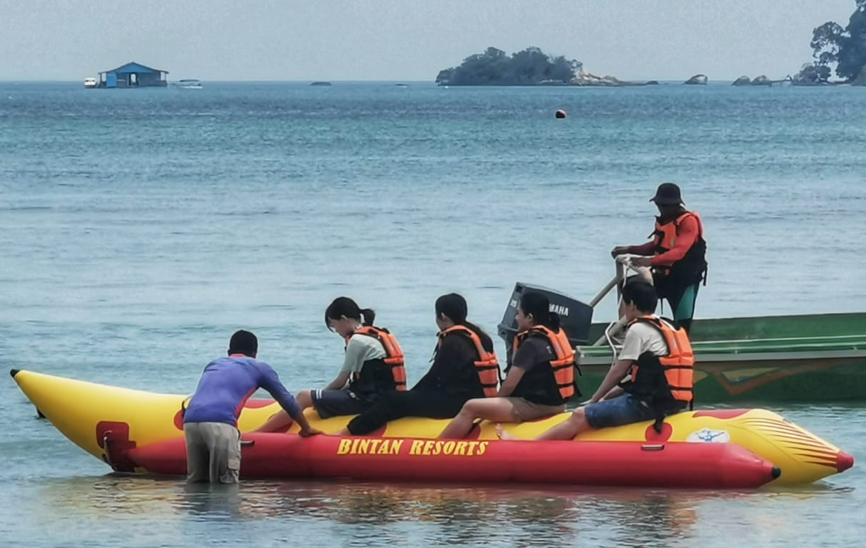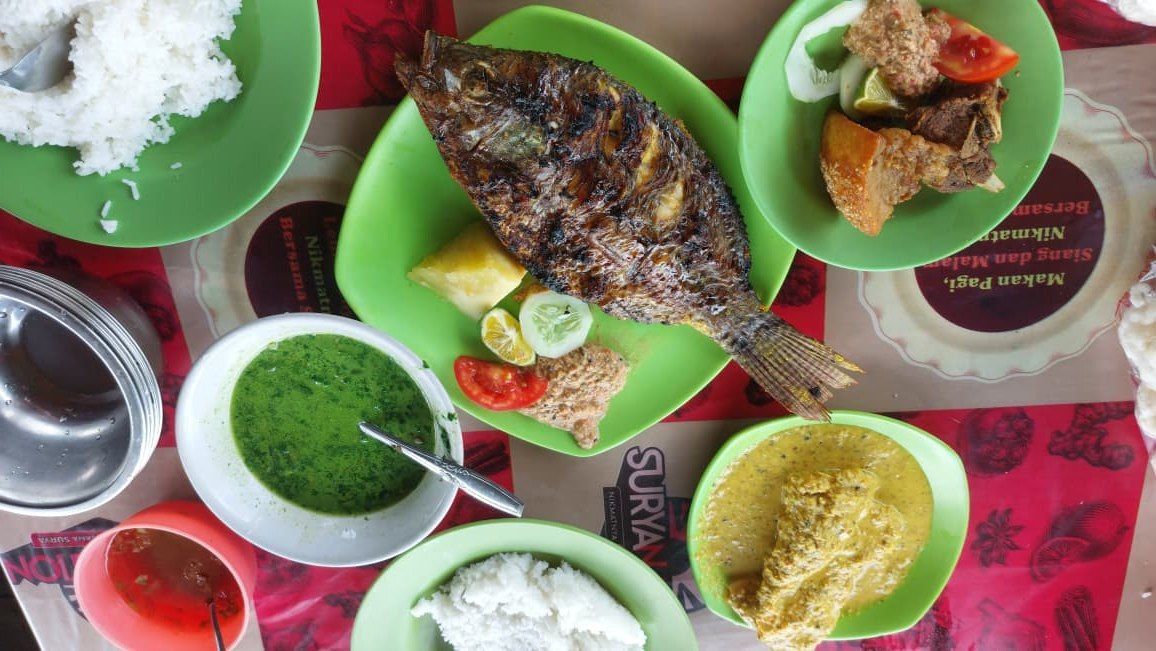October 27, 2025 | 02:06 pm

TEMPO.CO, Jakarta - The domestic textile industry is on the verge of collapse as a result of legal imports and smuggled goods. It is the culmination of Prabowo’s empty words.
ONE of the culminations of Prabowo Subianto’s omon-omon, or empty words, is in the textile industry. This labor-intensive sector has been left to fend for itself against imports from other nations. The government is celebrating import quotas that were previously banned by the President because they contributed to the bankruptcy of local textile industries after they lost competition against foreign textiles.
On April 8, 2025, speaking at a symposium entitled Strengthening the Resilience of the Economy amid the Trade War, Prabowo asked his ministers to remove import quotas for commodities widely used by the public. The aim was to stimulate domestic industry. It seems that Prabowo’s order was only heard during the seminar, then forgotten as time passed.
The Ministry of Trade maintains import quotas for textiles, claiming that this protects the domestic industry. It is true that quotas can be used as an instrument for protection: relaxed when domestic industry is unable to meet demand, and then reimposed when there is a surplus. But the fact is that import quotas have been allocated when the reverse is true. And imported textiles have flooded the domestic market.
Law enforcement agencies have failed to investigate the possibility of abuses of power as well as corruption and the potential for losses to the state as a result of these machinations of textile import quotas. Textile companies have had to investigate these quota games themselves. They have discovered that quotas have been handed out to companies that do not meet the requirements.
According to regulations, permits for the import of textiles are granted to producers strictly in line with the scale of their production needs. Therefore, substantial import quotas are provided to large scale producers. However, textile industry players have found that many small companies receive large import quotas. This misuse is suspected to be driven by cronyism and nepotism.
In addition to being overwhelmed by imported goods, the textile industry is still being battered by illegal products from overseas, particularly China. The trade war between China and the United States has led to Chinese businesses switching their imports to Indonesia. Because of the smuggling, the quantity of Chinese goods entering Indonesian markets is not known for certain.
As a result, local products are losing ground. They are unable to compete on price. Chinese textiles are half the price because they are mass-produced. In the last three years, 60 companies have gone bankrupt as a result of being unable to compete with products from overseas, both legal and illegal.
President Prabowo may not know the true state of affairs. Aside from not going to the field and being protected from bad news by his assistants, he is receiving contradictory information. The Ministry of Industry claims that the chemical, pharmaceutical, and textile industries made a positive contribution of 3.82 percent to the gross domestic product.
But the facts on the ground say otherwise. An investigation by this magazine found that the textile industry is in a dire state and is shedding jobs. As well as the machinations of import quotas that benefit rent seekers and the backers of the illegal textile industry, government regulations do not do enough to protect the industry.
Those responsible for the bankruptcies in the textile industry know that the bitter truth will not reach the ears of Prabowo. People close to him are unwilling to pass on bad news to the President. And it is likely that Prabowo does not want to hear bad news that could wreck his dream of turning Indonesia into an Asian tiger. The originator of the expression omon-omon may find his words come back to haunt him.
Indonesia's Mining Industry Urges Government to Scrap B50 Biodiesel Plan
10 menit lalu
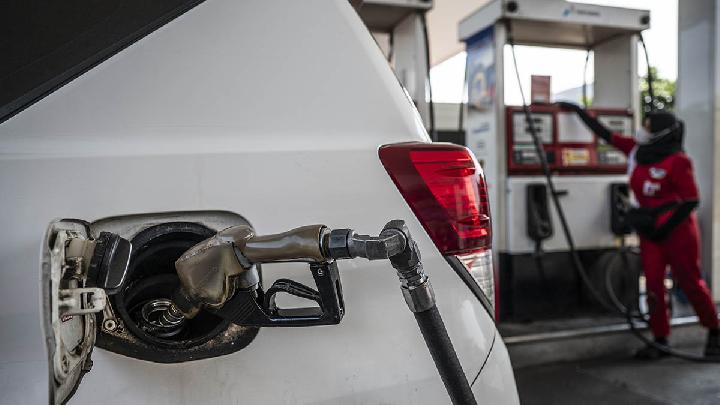
Mining entrepreneurs believe that implementing B50 biodiesel in 2026 will incur additional costs.
Indonesia's Textile Industry Hangs by a Thread
4 jam lalu
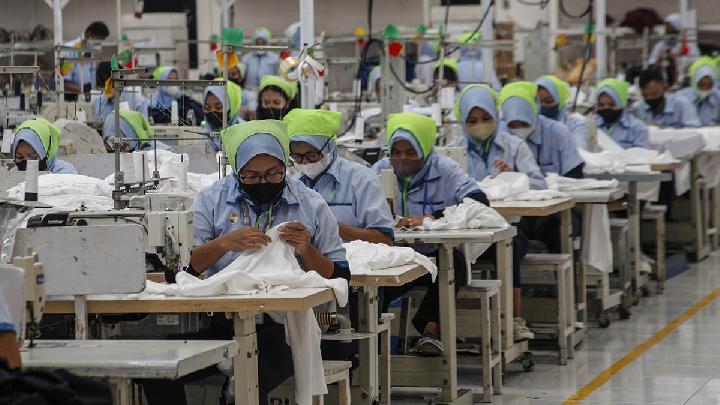
Indonesia's textile industry keeps taking hits from imported goods. A reality far from the government's narrative of growth.
Today's Top 3 News: Besides Indonesia's Whoosh, Which Countries Owe China for Infrastructure Development?
1 hari lalu
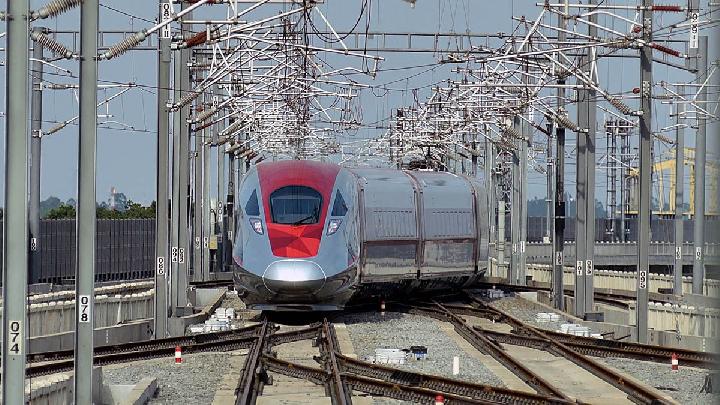
Here is the list of the top 3 news on Tempo English today.
Industry Ministry Claims Indonesia Is One of the World's Most Efficient Textile Producers
1 hari lalu
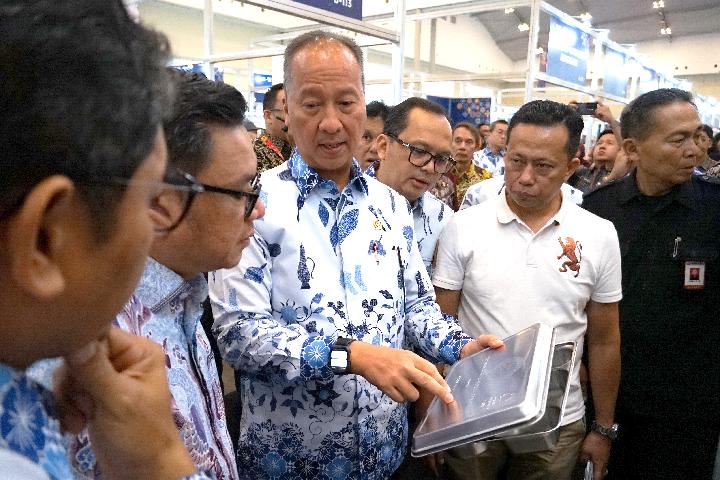
Minister Agus said this achievement signifies that Indonesian textile products have a competitive and sustainable position in the global market.
Besides Indonesia's Whoosh, Which Countries Owe China for Infrastructure Development?
2 hari lalu

Like Indonesia's Whoosh project, many developing countries now face heavy debt after financing large infrastructure through Chinese loans.
Indonesia Makes Debut in Yuan Market, Issues 6 Billion Yuan in Dim Sum Bonds
2 hari lalu
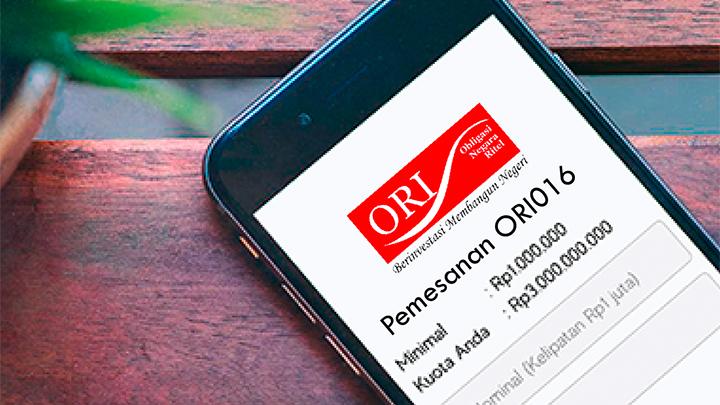
The Indonesian government has successfully issued its first-ever State Bonds denominated in Chinese Renminbi (CNH), commonly known as Dim Sum Bonds.
Purbaya Imposes Tariffs on 27 Textile Imports
2 hari lalu
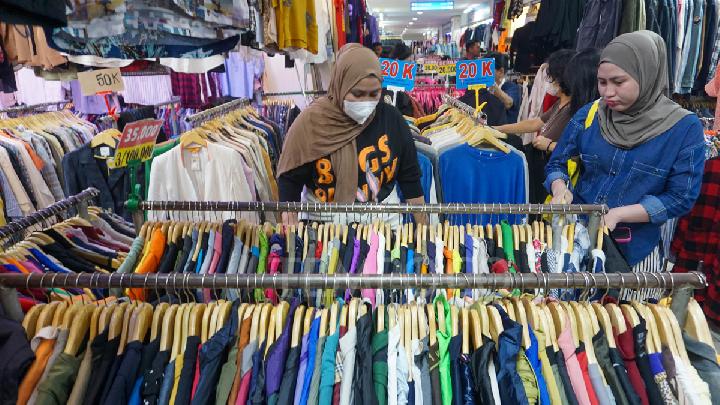
The Indonesian Trade Security Committee (KPPI), under Purbaya, announced the imposition of safeguard import duties on 27 HS codes of cotton yarn.
Today's Top 3 News: Jonatan Christie Knocked Out as Alwi Farhan Reaches Quarterfinals
2 hari lalu
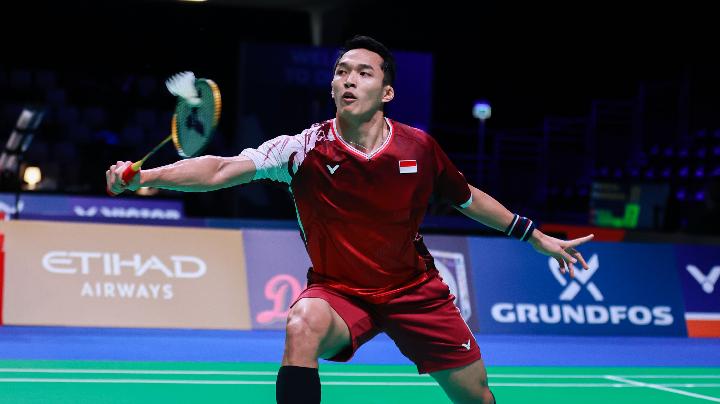
Here is the list of the top 3 news on Tempo English today.
China Reaffirms Support for Indonesia's Whoosh High-Speed Rail Amid Debt Talks
3 hari lalu
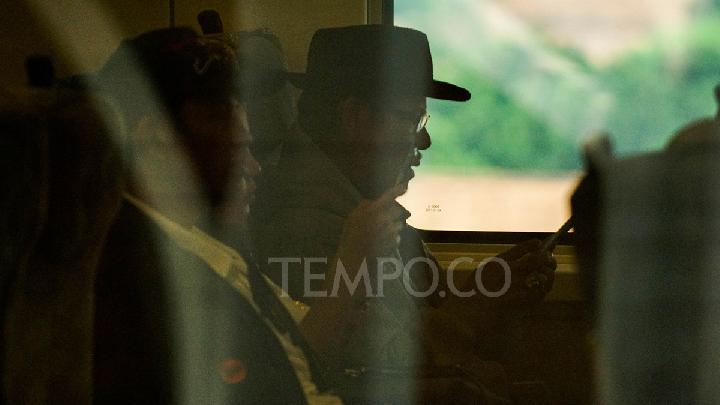
A Chinese spokesperson said that Whoosh, Southeast Asia's first high-speed rail, has shown positive results since beginning operations two years ago.
Chinese Ambassador Deems Indonesia's High-Speed Rail Debt Talks 'Reasonable'
3 hari lalu
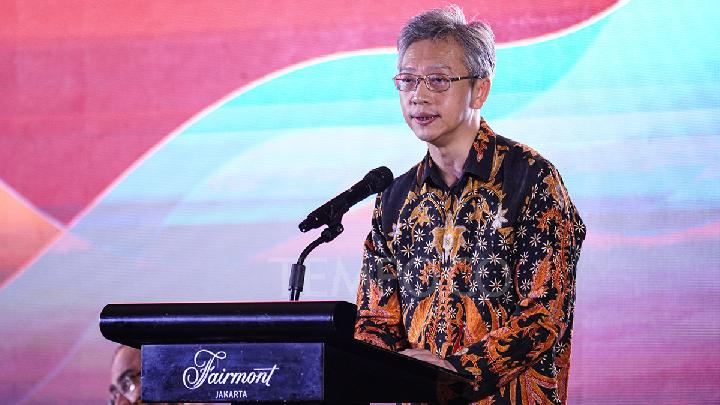
Chinese Ambassador Wang Lutong expressed the Chinese government's pride in the performance of the Jakarta-Bandung High-Speed Rail or Whoosh service.



